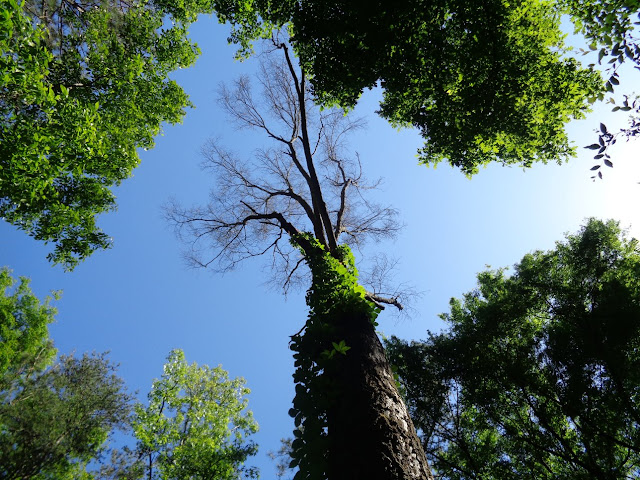Chapter 3: The Human Expanse of Time

Image credit. One of humanity's fundamental challenges actually has to do with our sense of time. Most people consider time not by clocks but through the experience of their lives and their extended family, their parents and siblings. When they are younger, their grandparents are part of the equation. When older their own children and grandchildren are major measures of time. This isn't true of everyone, of course. But, as rule, we are accustomed almost universally to give context to time and our lives through five generations or so. This is a mistake. To understand the effect of accelerating change upon humanity we must first widen our context because our brains and our bodies are basically the same as they were 70,000 years ago (or so). We need to broaden our awareness and to witness our humanity not only during the reach of our own lifetime but also within the reach of all generational lifetimes over the past 70,000 years. That is basically how long our contempor



